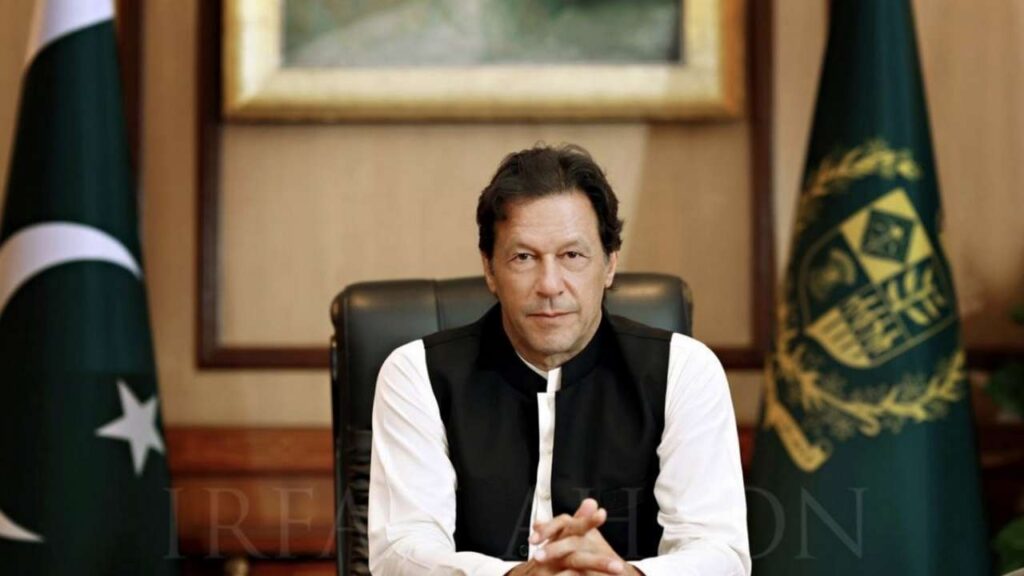
Pakistan PM
In the midst of the ongoing economic crisis in Afghanistan, the Taliban regime has raised the price of coal by 30% after the approval of Pakistan Prime Minister Shehbaz Sharif to import coal from Afghanistan. Because of the increase in coal prices in the international market, the Afghan Ministry of Finance has raised coal prices from $ 90 per ton to $ 200 per ton, according to local media. The Taliban stated that the increase in coal prices was intended to increase the amount of taxes and bring more money to a country that had experienced economic difficulties due to a reduction in foreign assistance.
According to a press release from the Prime Minister Sharif office, Pakistan will be able to save important foreign currencies and create affordable electricity by importing high -quality coal from Afghanistan, local media reports. It is important to note that Pakistan is currently experiencing a severe financial crisis.
PM Shehbaz Sharif claims that buying coal from Afghanistan managed by the Taliban will save Pakistan of more than two billion dollars. To help the nation to produce cheap strength, Sharif ratified the purchase of super-critical quality coal from Afghanistan in Pakistani rupees rather than dollars, Ani reported. Further release revealed that the Prime Minister of Pakistan also instructed related authority to develop an effective system in this field.
Coal Prices in Afghanistan
Meanwhile, it was stated that the Taliban government received 30% of Customs for coal exports. In addition, the Taliban increasingly relies on their natural resources to be as a result of several sanctions worn by the international world.
In addition, officials highlighted that the Taliban increased coal delivery to Pakistan and had increased sales tax in an effort to increase money from their mining industry without any direct foreign assistance. The Taliban government is not, however, has a coal export pact with Pakistan.
When speaking with independent Urdu, Mufti Ismatullah Burhan, a spokesman for the Afghan Oil Ministry, said, “At the government level or with other parties, we have not signed such an agreement with Pakistan or Pakistani entity.” The official even added, “We do not expect profits from Pakistan because we realize the sense of dollar and euro and the bad conditions of the Pakistani currency,” said Ani.
Ismatullah emphasized that although local dealers had seen an increase in coal prices 30% around four years earlier, local traders did not see price changes and that taxes would only be applied to coal that was exported outside the country.
In addition, the Pakistani energy situation will be worse over the next few weeks because the country has difficulty finding liquid natural gas (LNG) at a reasonable price, Dawn reports. Because of the scarcity of energy due to conflict between Russia and Ukraine, the cost of Pakistani electric fuel has increased by more than 100% due to an increase in global energy prices.







